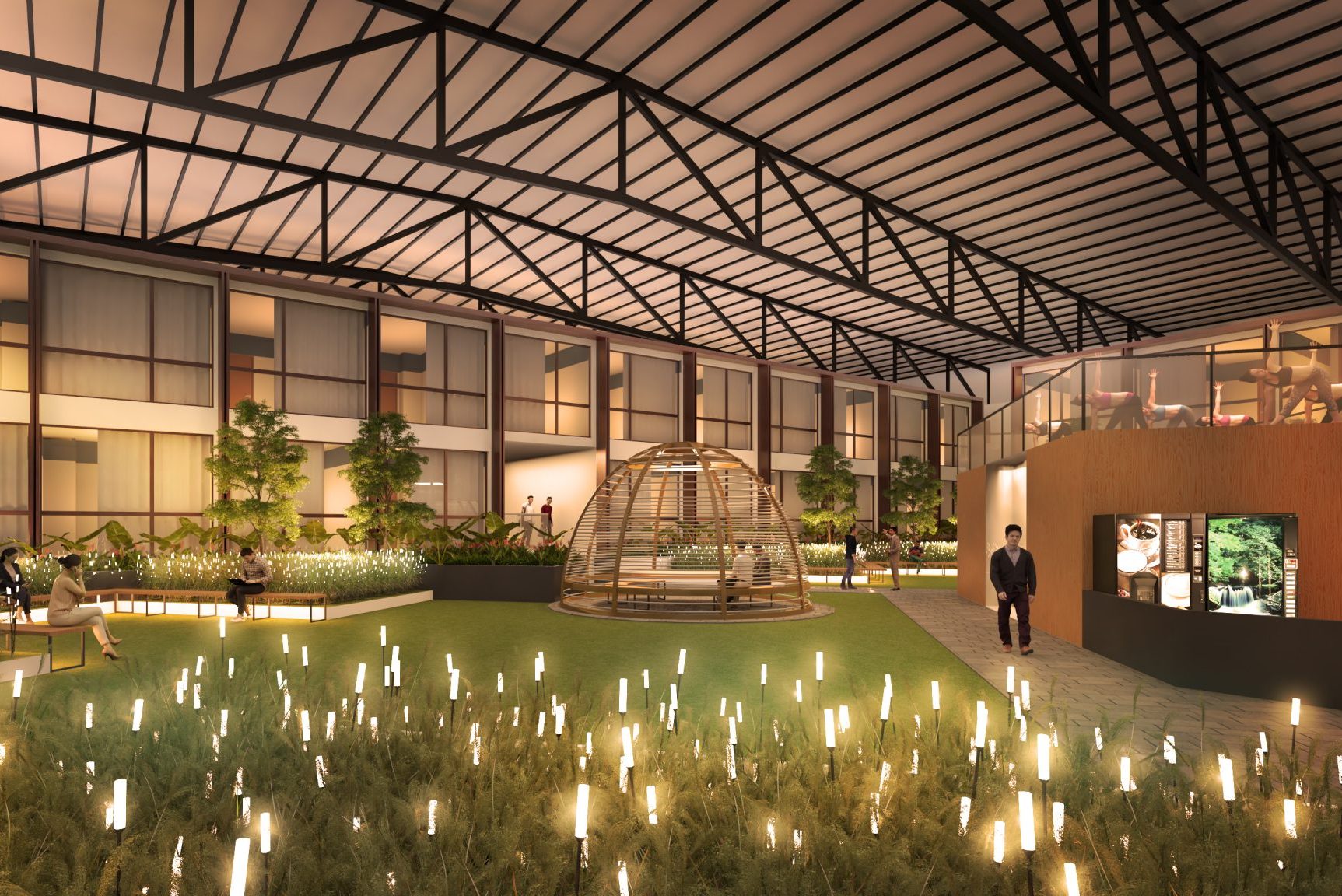A Pop-Up Business Hotel in Singapore: If You Build It, They Will Come ... or Not

Skift Take
The Singapore government is at it again — but as previous travel corridors have shown, it's risky business.
After building the world’s tallest indoor waterfall, Singapore's Changi Airport has its eyes on another first: a business hotel bubble.
Starting next year, Connect@Changi — purpose-built accommodation at nearby exhibition center Singapore EXPO & MAX Atria — will allow local and international travelers to conduct meetings in what it bills as a Covid-free environment.
The government is offering the "test-stay-work-meet" experience to accelerate the resumption of regional and international business activities, but like most bubbles that emerged in the pandemic it's prone to burst.
A Government Stamping Its Mark
Behind the facility is a consortium led by state-fund Temasek that includes The Ascott, Changi Airport Group, Sheares Healthcare Group, venue management and consultancy SingEx, plus architect Surbana Jurong (owned by Temasek).
In the first quarter of next year there will be 670 rooms and 170 meeting rooms. That will later to expand to 1,300 guest rooms and 340 meeting rooms. Standards will be the equivalent of a four-star hotel.
Temasek is also Singapore Airlines’ majority shareholder. In March, the fund said it would underwrite the sale of shares and convertible bonds for up to $11 billion. The airline will also be the first airline to trial the International Air Transport Association’s Travel Pass digital health passport on routes across Indonesia and Malaysia.
The state fund is clearly after some kind of return on investment here.
While the scheme taps into the growing trend of business traveler-designed hotels, as well as airport cities, the ambitious concept has limited appeal to those destinations now battling rising Covid-19 cases. It's also a risky
